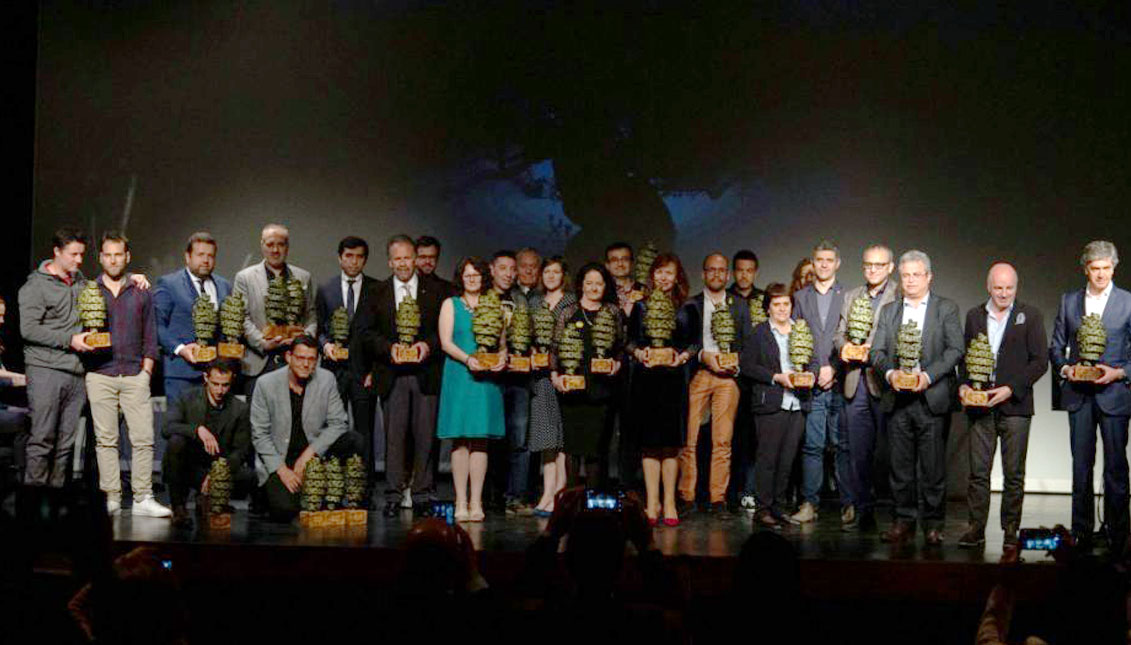
The Baja California International Film Festival resists the pandemic
Like several international festivals, the Baja California International Film Festival switched its programming to streaming.
The Baja California International Film Festival seeks to promote the best independent film production, as so many other festivals do, but it also has a strong social commitment to the city where it takes place: Tijuana.
In this border city, the festival seeks to strengthen the tourism sector and all the industrial and business movements that take place around the cultural movement. During the previous three years it has also been a way to contribute to improve the feeling of security in the city.
This social commitment explains why the festival has not given up on the idea of being held in person and hopes that it will take place at the end of the year, on a date yet to be determined.
In the meantime, the festival has started free of charge and online, including the programming of talks and master classes.
The general program of the festival will continue until June 20, but until June 17 the short and feature films will be available to be seen for free.
RELATED CONTENT
Among the 8 pieces that will be available until then, there are pieces by directors -especially Mexican- that one will hardly find in other platforms, such as Isaac Zambra, Alejandro Ortega Zaldívar, Rodrígo Lombana or Juan Carlos R. Larrondo.
Although it is possible that this era will give way to the strengthening of existing alternative streaming platforms, such as Retina Latina, for example, or to the appearance of new platforms that favor the exhibition of pieces that were only circulated at festivals, the question remains as to how an industry that by its nature has an expensive production and depended to a large extent on subsidies for culture will recover.
The other question that remains open is how to recover or supply the services to the cities that this type of event provided.
Perhaps in the alternative of the auto-cinemas a space will be opened to recover the big screen, which we all miss while we take refuge at home and in the small screens of the computer and the cell phone.











LEAVE A COMMENT:
Join the discussion! Leave a comment.